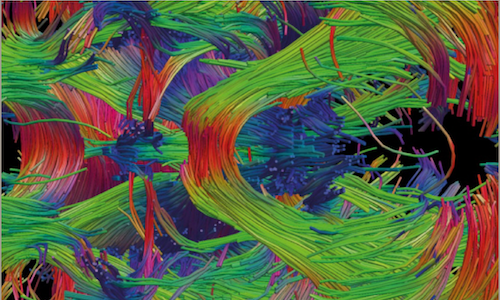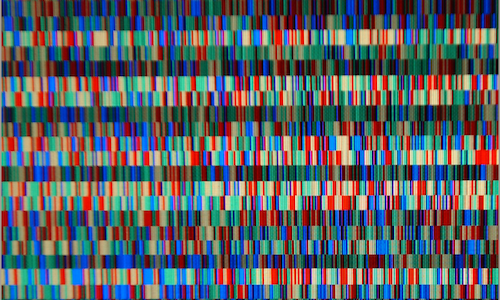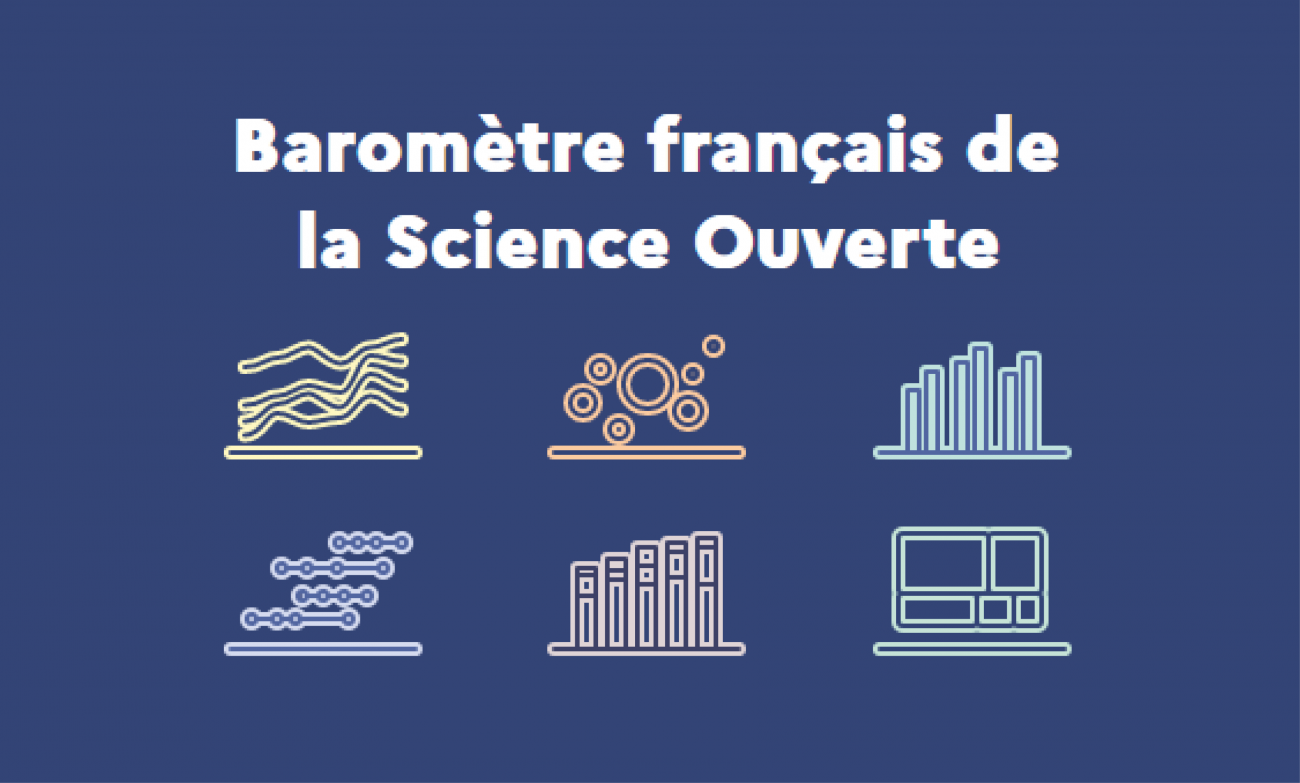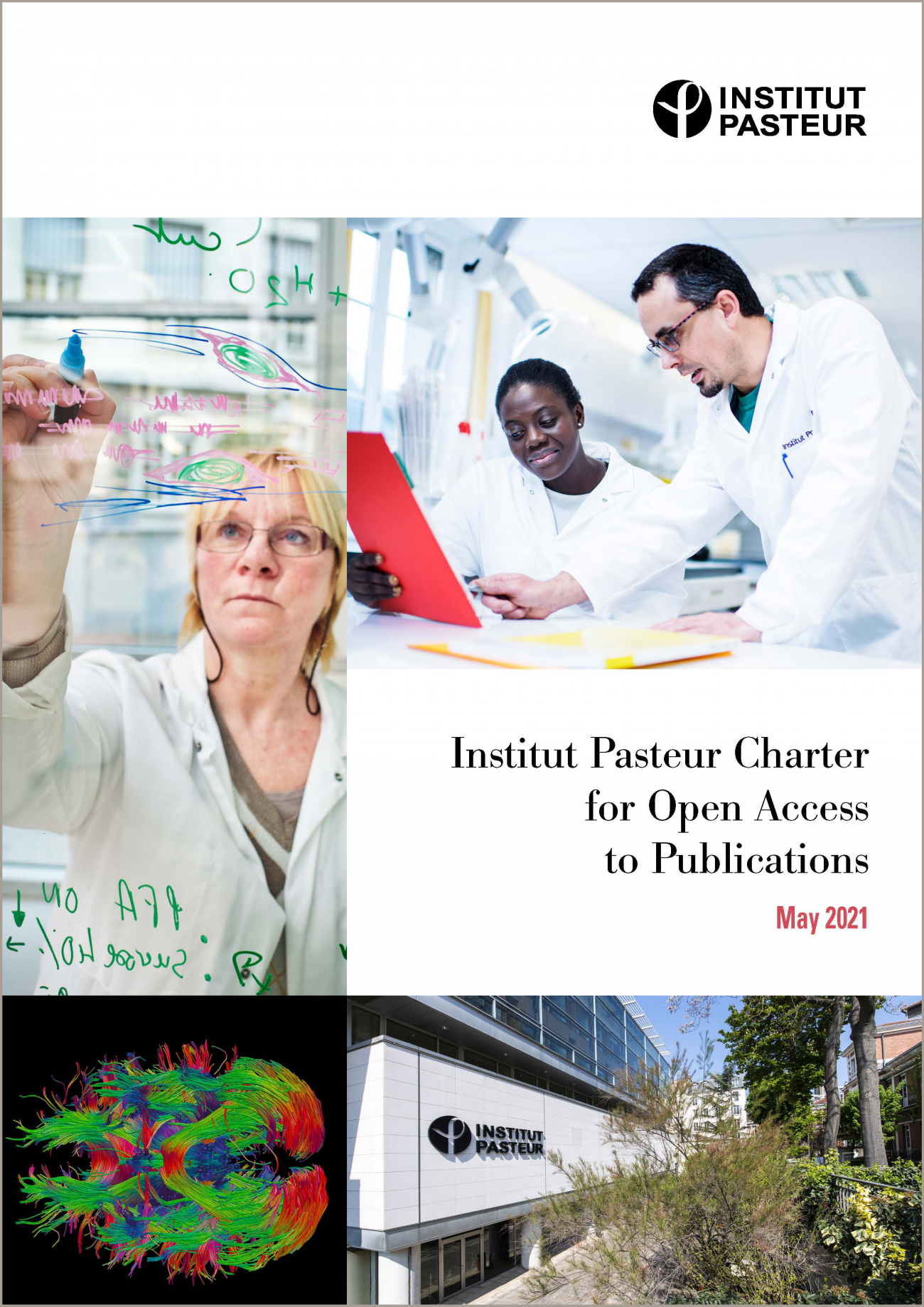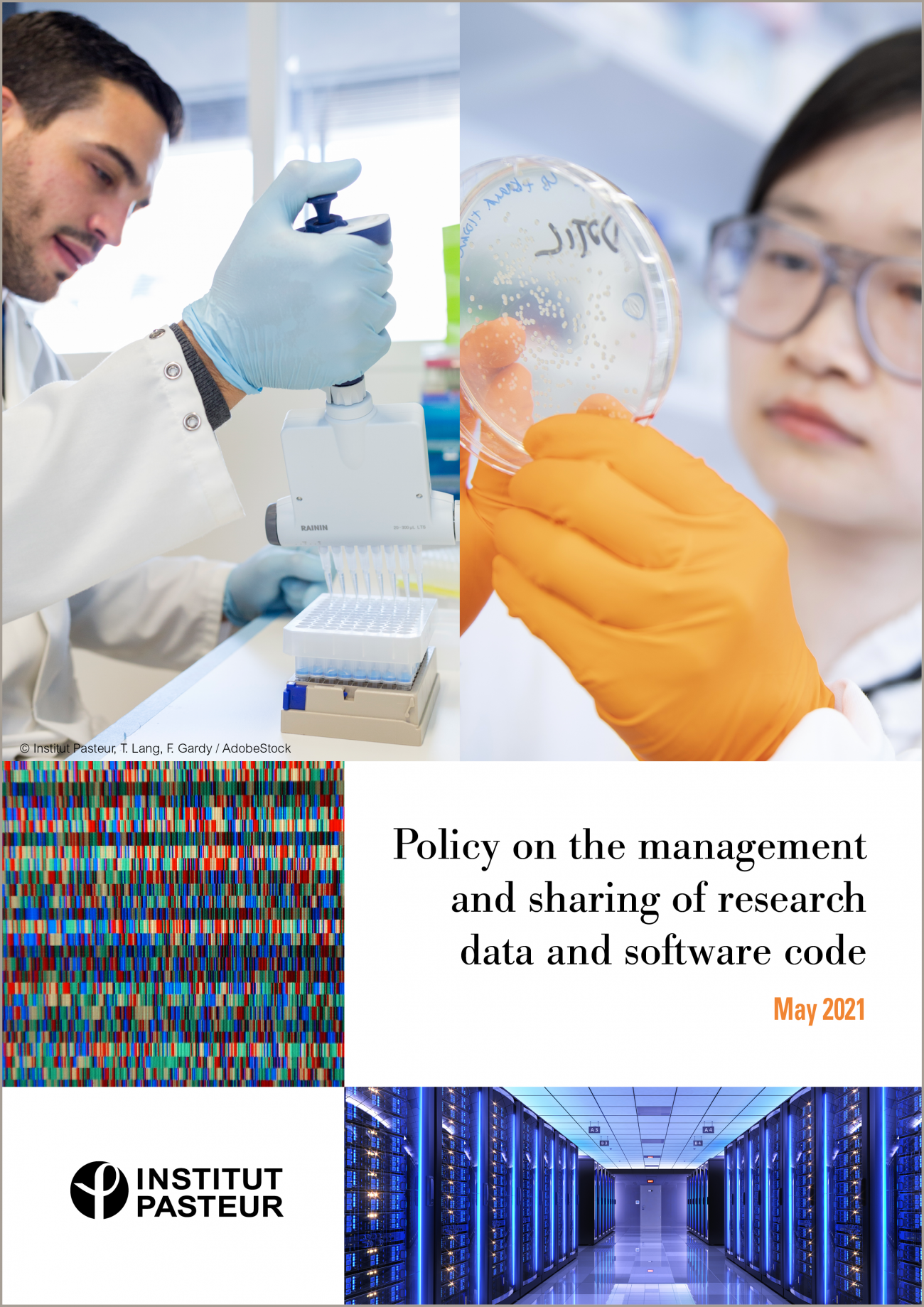The French Open Science Monitor has been adapted for the Institut Pasteur. It measures the evolution of open science at the Institut Pasteur: open access rate of publications (for which at least one of the authors is affiliated with the Institut Pasteur), as well as research data and software mentioned in these publications.
Open Access publications:
According to this barometer, 85% of Pasteurian publications published in 2024 were open access in December 2025. In comparison, at the national level, 62% of French publications published in 2024 were in open access in 2025 (all fields).
To go further on open access to publications: find here the 25 most important publishers or platforms for Pasteurian researchers in terms of volume of publications, as well as the rate and the methods of open access for those publications.
Research data sharing:
Open research software:
Methodology:
This monitor was created according to a methodology developed by the Ministry of Higher Education and Research (MESR) and the University of Lorraine for all French publications. Publication metadata are extracted by the Ministry in December of each year (last extraction on 2 December 2025, for publications from 2013 to 2024).
Our local declination was possible by sending to the Ministry the list of the identifiers of the Institut Pasteur's publications (publications with at least one author affiliated with an Institut Pasteur laboratory), which were extracted from PubMed, HAL, Web of Science and Scopus. The types of documents taken into account were research articles, reviews, letters, book chapters, conference papers, preprints and reports.


